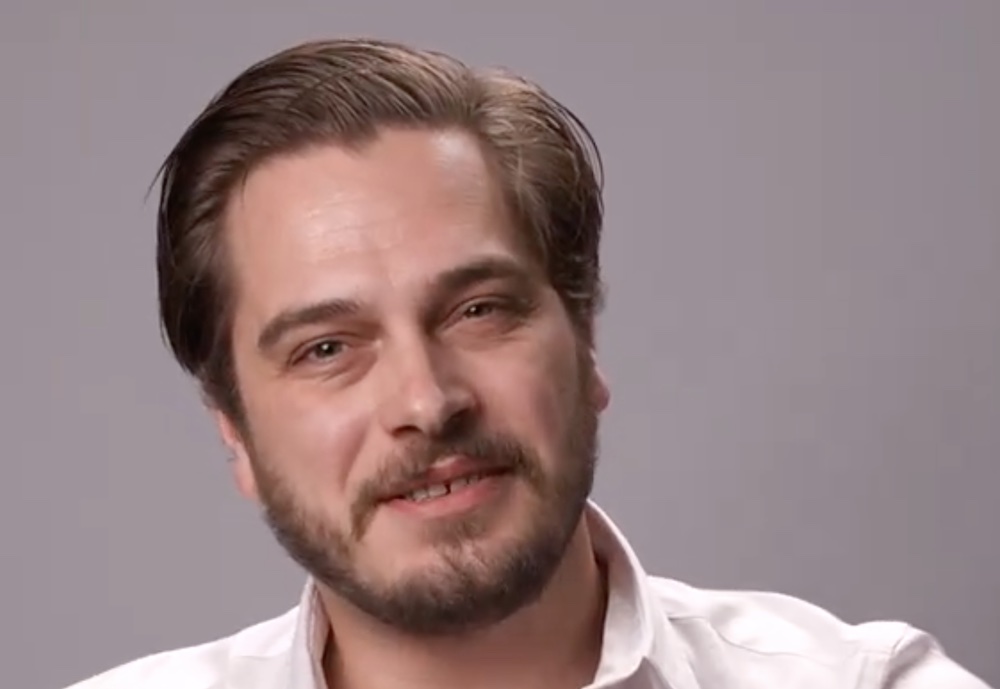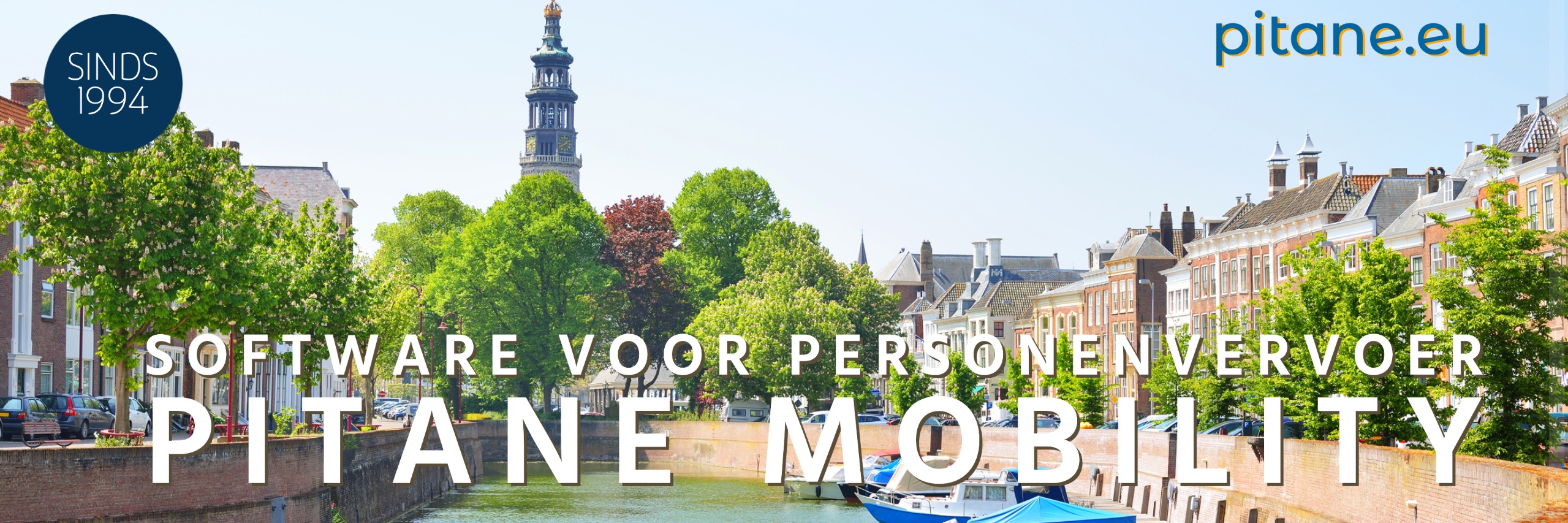The introduction of license plate parking can be a step forward on the path of modernization, but it must not be at the expense of the hospitality and accessibility of Middelburg.
The decision of the municipality of Middelburg to introduce license plate parking is according to PZC controversial. On the one hand, we have the council's own argument – it will make things simpler and clearer for their management, and it will 'push' people into the car parks. On the other hand is the fear of residents and local entrepreneurs – that it will make the city less welcoming and harm tourism, an important source of income.
First and foremost, the idea of 'protecting' residents by setting limits on parking time is a noble argument. However, it is hard to ignore that this approach makes things considerably more difficult for those who want to visit the city. Not being able to park for more than two to four hours can be a significant obstacle, especially for tourists exploring the city.
Moreover, it is very likely that the license plate parking system, while it may make things easier for the city government, makes it all the more difficult for the citizens themselves. As noted by council members and the Middelburg Entrepreneurs Association, the fear that this will make the city less attractive to visitors is not unfounded. The value of hospitality and accessibility, which is so important for tourism, is in danger of being lost
The alderman's argument that trained professionals will be deployed in the initial phase to help parkers is a temporary solution. This measure is unlikely to be viable in the long term, and it is certainly not a solution to the underlying problems created by this change.

The argument of the alderman for traffic, Eduard Smit, that citizens can learn to deal with this system and use parking apps, seems reasonable at first sight. Still, concerns have been raised about the usability and accuracy of these apps. These concerns were aptly voiced by LPM councilor Jesse Aarnoutse, who pointed out that the apps do not provide a warning when the maximum parking time is exceeded. This is a significant gap that could lead to unwitting citizens facing fines.
Although the alderman has promised to tighten up the guidelines for the developers of the parking apps and to check the apps for correctness of the information, this shows that the system still has its teething problems and is far from flawless. Moreover, it remains a solution that presupposes the technological literacy of its users, something that many people, especially the elderly, do not take for granted.



